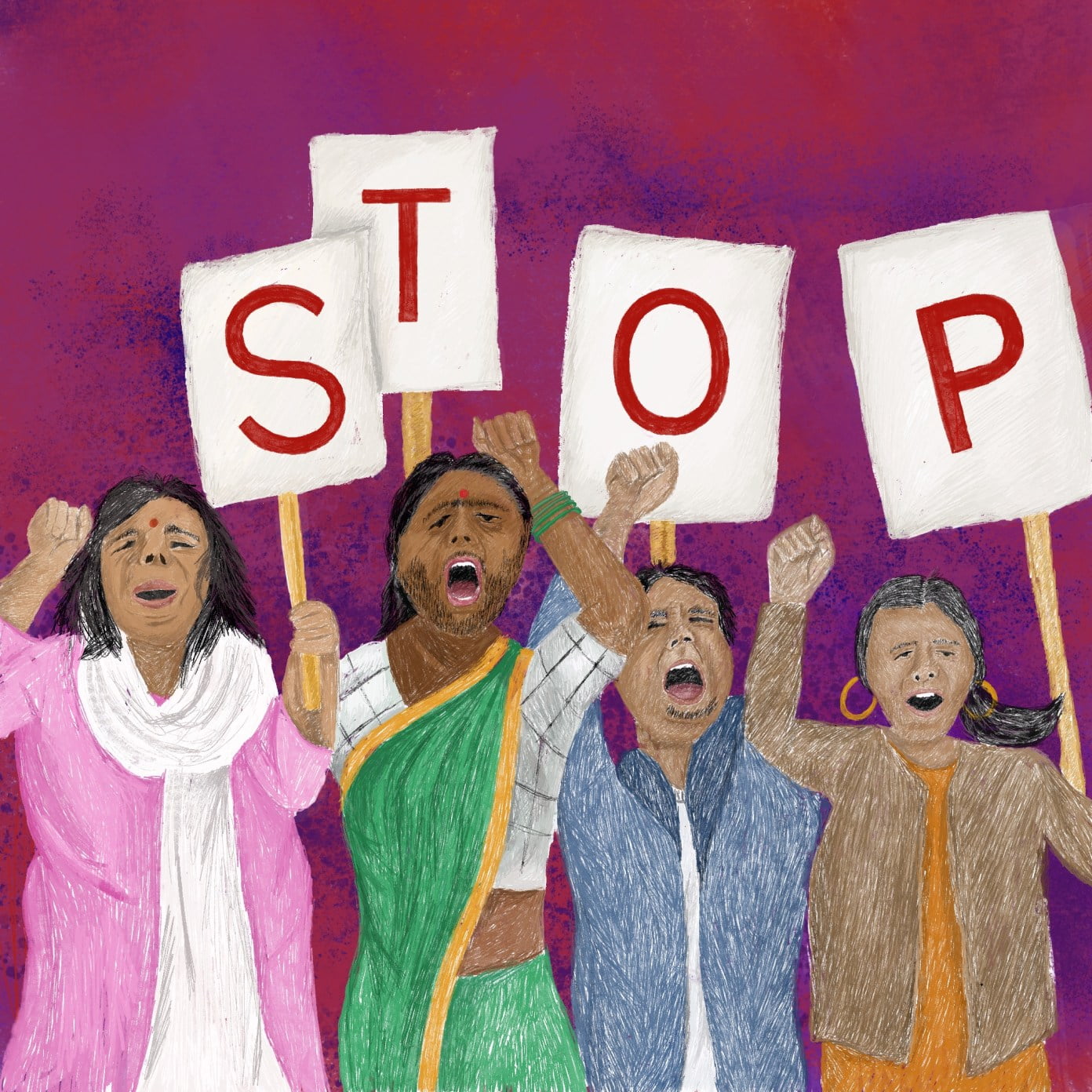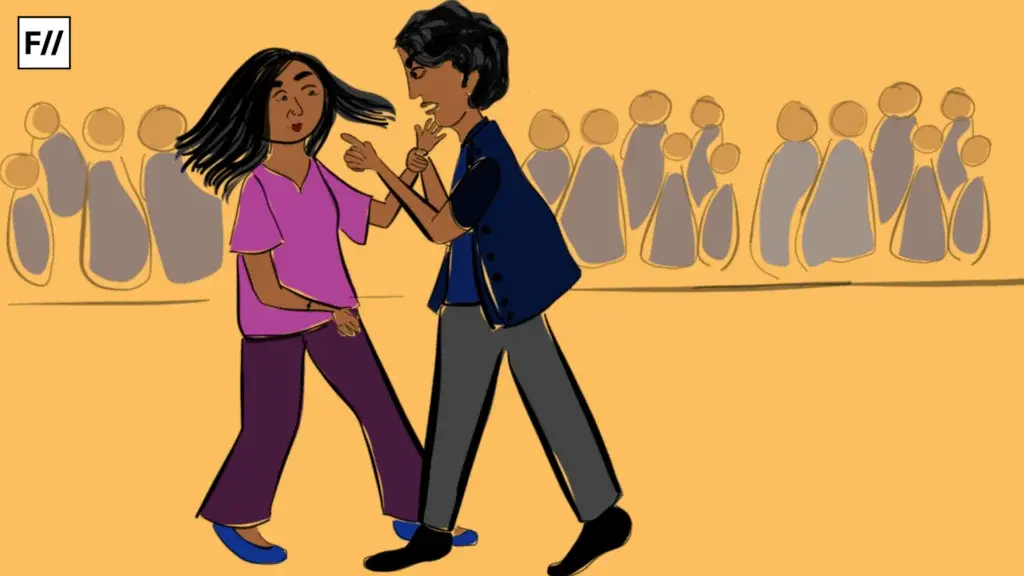In the name of progress and gender parity, society has frequently held fast to the notion that empowering women through education and achieving economic independence would be the best way to protect them from the horrors of domestic abuse. But when we look closer at the real world, education, and financial independence only help to a small extent in eradicating this social disease. The National Centre for Biotechnology Information USA conducted a study in 2021 to see the effect of education on the prevention of domestic violence against women. The study concluded that education did not affect domestic violence.
‘Solving problems relating to domestic violence due to cardinal roots in a short time seems to be impossible and impracticable,’ the report read.
The wife of Sandeep Kumar Jha, an IAS officer of Telangana cadre of 2014 batch, allegedly accused him of domestic violence and dowry harassment.
This can be highlighted in the case that came out of Telangana in June 2023. The wife of Sandeep Kumar Jha, an IAS officer of Telangana cadre of 2014 batch, allegedly accused him of domestic violence and dowry harassment. This is not the only case where an educated man has been an abuser or an educated woman has been subjected to abuse. This is a clear indicator that education is not the only salvation when it comes to domestic violence. It appears that domestic violence, in many cases, is a generational plague that is intricately woven into the fabric of our upbringing rather than merely a particular ailment.
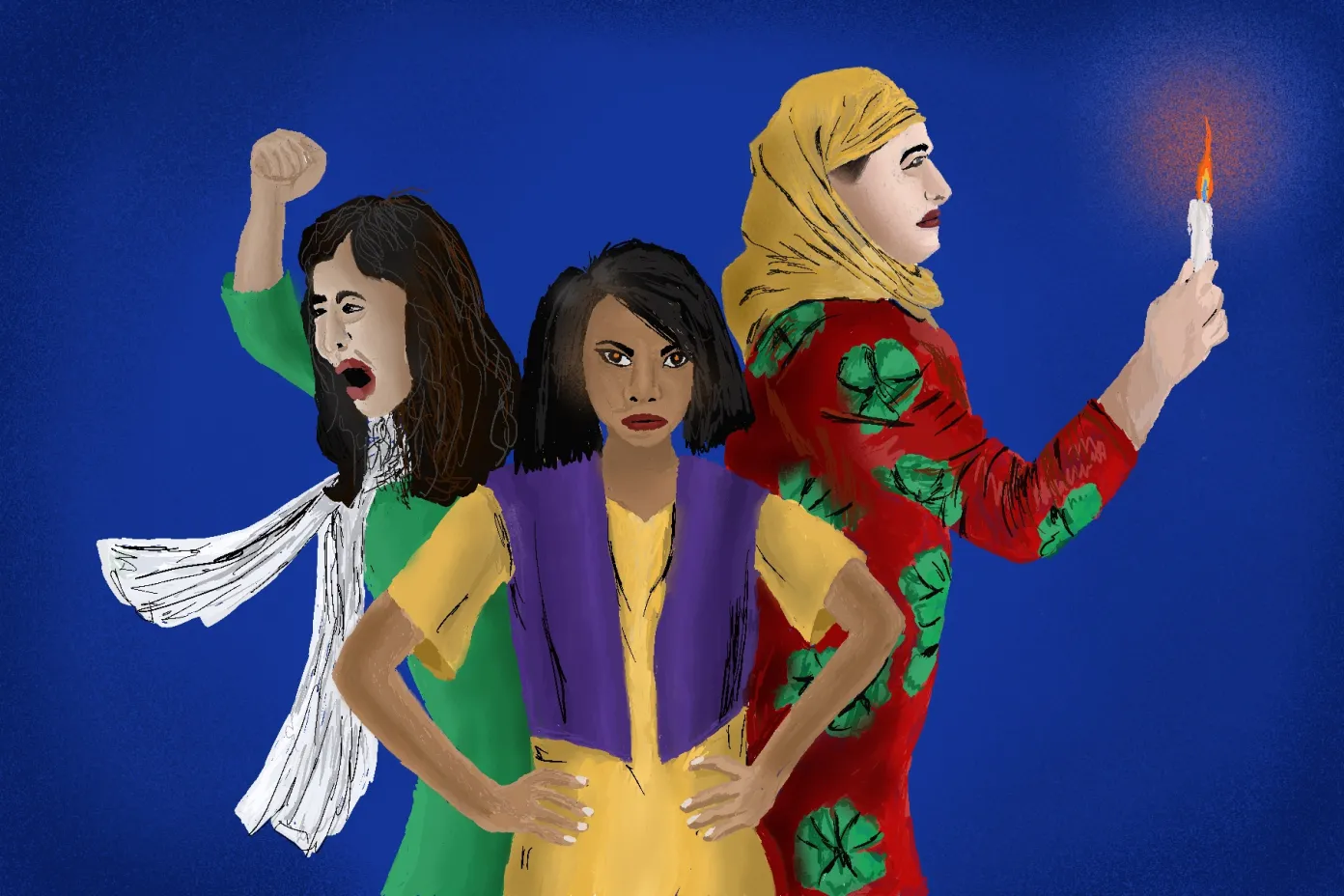
Closer to home, the reality is no different. According to a 2022 National Crime Records Bureau (NCRB) report, ‘31.4% of crimes against women in India are committed by husbands or their family out of cruelty.’
Rahila’s story of facing domestic violence at her in-laws’ house
Rahila Sheikh, a 32-year-old woman, moved out of her husband’s house only a year after their marriage due to his constant abuse—mental and physical. Her ordeal began right after her wedding in 2022.
‘My in-laws always looked down on me, even before I was married. My husband’s mother wanted him to marry a doctor, as he is a doctor himself. But he liked me. I think that’s why she resented me,’ she said.
Even though she holds a Master’s degree in Zoology and was a contractual teacher for six months, it wasn’t enough. Enduring emotional manipulation from her in-laws and husband, Sheikh faced mental and physical abuse in addition to oppressive house labour.
‘I was forbidden from leaving the house, visiting neighbours, or pursuing employment. My whole existence became a suffocating cage. Even minor disagreements led to physical violence from my husband. It started with a slap over a minor disagreement and eventually, it became a way for him to release his frustration,’
Rahila Sheikh, 32
‘I was forbidden from leaving the house, visiting neighbours, or pursuing employment. My whole existence became a suffocating cage. Even minor disagreements led to physical violence from my husband. It started with a slap over a minor disagreement and eventually, it became a way for him to release his frustration,’ she added.
Sheikh endured this torment for a year.
‘At first I didn’t know what to do or how to handle it. I tried to endure it. I thought if I didn’t say anything or ask anything, maybe they’ll eventually accept me. But the abuse didn’t stop. I told my mother about it after six months but she said that these things happen. She told me I should not break my marriage over such a trivial issue,’ Sheikh said.
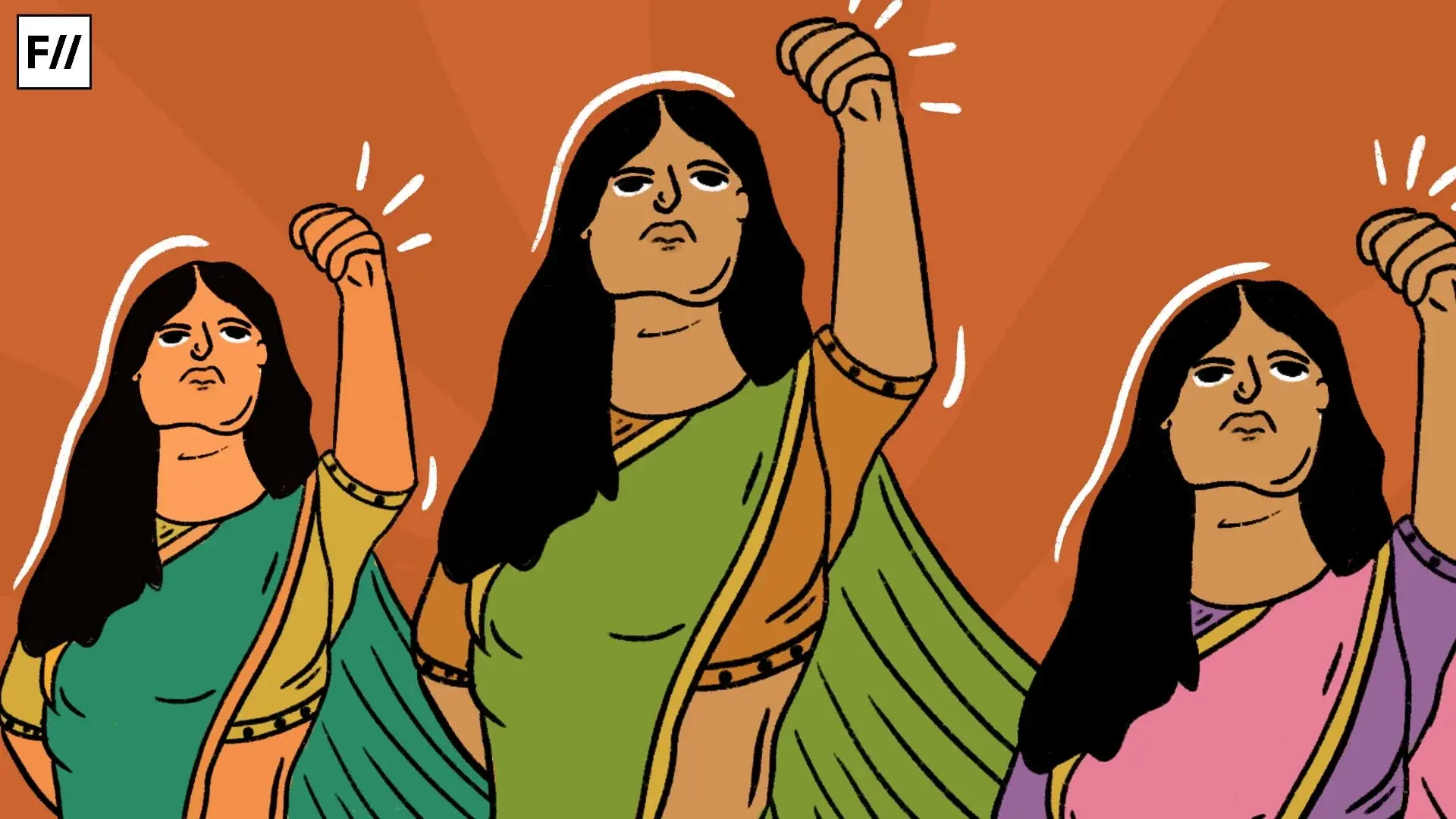
Some experts now argue that the roots of domestic violence can be traced back to our upbringing, shaped by the norms and values inherited from previous generations. The normalisation of power imbalances and the perpetuation of toxic masculinity in households become the breeding grounds for future generations to replicate these patterns of abuse.
‘My husband’s mother was also subjected to physical abuse from her husband. That’s why she thought that it was okay for her son to hit me as well, that the way I was being treated was fair. It was a way to straighten a ‘bent’ woman’, Sheikh said.
‘My mother had seen my grandmother getting beaten up and yet staying with my grandfather. She followed a similar cycle of abuse in her marriage with my father. That’s why she thinks that a woman should stay in a marriage no matter how abusive it gets. I left my husband against the wishes of my mother. I could not take it anymore. I have ambitions and a life that I just could not sacrifice. I wanted to break this generational curse,’ she added.
According to the National Family Health Survey (NFHS), 2019-2021, ‘29.3 percent of married Indian women between the ages of 18 and 49 have experienced domestic/sexual violence; 3.1 percent of pregnant women aged 18 to 49 have suffered physical violence during their pregnancy.’
Even though Sheikh left her husband, she didn’t file a police complaint or divorce, still afraid of the consequences her actions may cause her family. Sheikh took a stand to leave her husband but not all women have the same options.
Rihanna’s story of domestic violence enabled by generational abuse
Rihanna Wani, a 51-year-old government school teacher, is also a survivor of domestic abuse. She has been married for more than 30 years and has been subjected to physical and mental abuse for more than half the duration of her marriage. Even though the physical abuse has ended, the mental scars of the prolonged abuse haunt her.

‘The abuse started right after I got married. There was no reason for my husband to hit me. It was just small disagreements that started the pattern of physical violence. Sometimes he would hit me even when things were peaceful in our relationship. Once during an argument, things got really out of hand and he pushed me down the stairs. I made the decision to leave him and went to my parent’s house,’ Wani said.
‘My father didn’t let me stay. He called my husband and asked him to take me away. My father used to hit my mother too. He said that’s how a man vents. That was the day I realised I had no home to return to. So I just stayed with my husband. What other options did I have?’ Wani added.
‘Society and upbringing, I feel, have a huge role in enabling domestic violence. People often turn a blind eye to the signs, dismissing them as a “private matter”.‘
Rihanna Wani, 51.
‘Society and upbringing, I feel, have a huge role in enabling domestic violence. People often turn a blind eye to the signs, dismissing them as a “private matter”. Women don’t receive a lot of support when they speak out, from families or just from people in general. The stigma associated with speaking out and seeking help traps victims in a cycle of silence and they just internalise it,’ Wani said.
Gayatri’s story of facing alcohol fuelled violence
Another victim of this social epidemic is Gayatri Chauhan, a 56-year-old insurance policy officer. Chauhan has been married for 31 years but her marriage has also been very tumultuous. Her husband, who used to be an alcoholic, used to physically abuse her to the point that she had to get hospitalised.
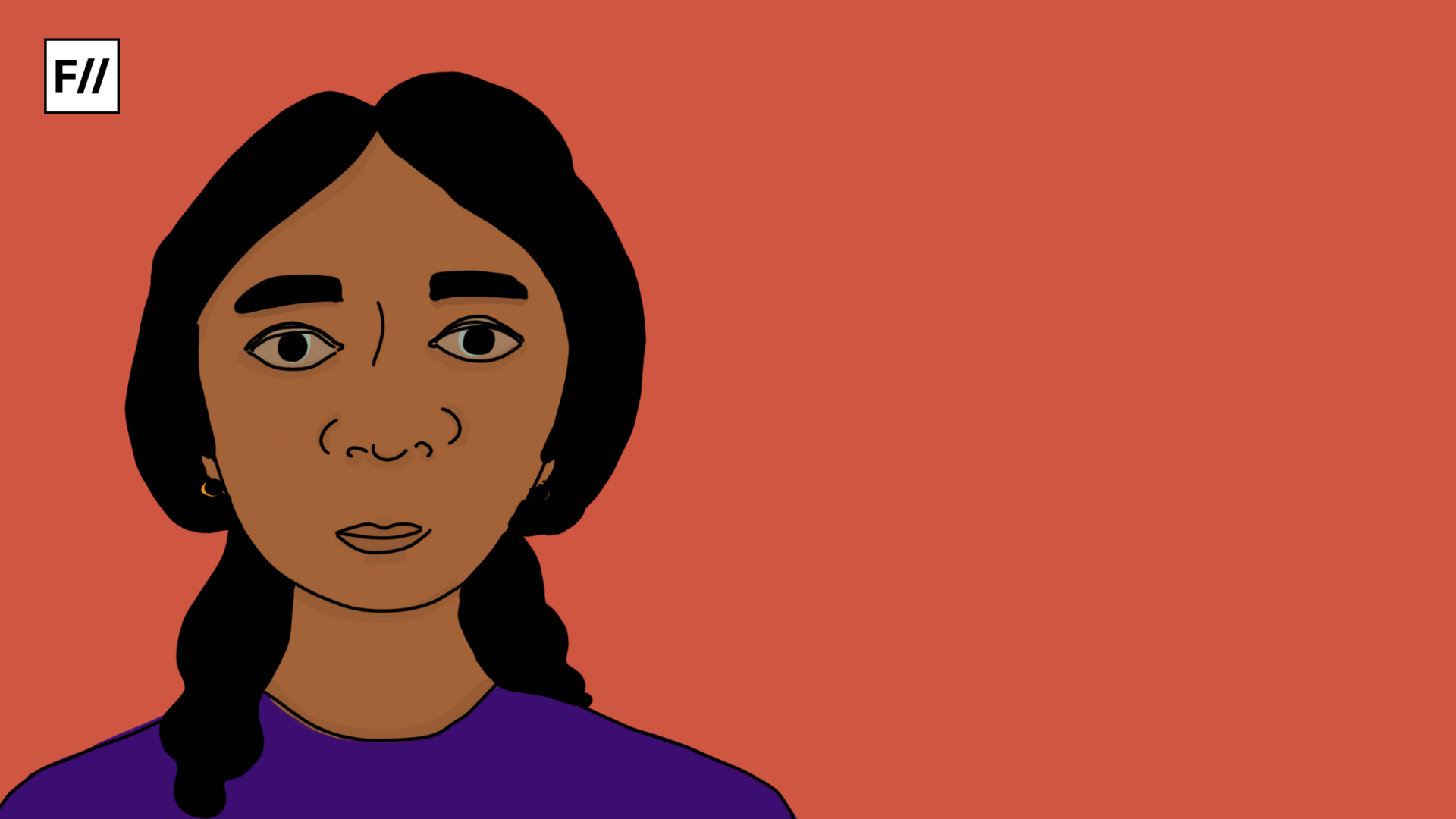
‘He used to have severe mood swings. There was this period of peace and then there were sudden bouts of violence. I could never understand what was wrong. I have two kids and the violence affected them too.’
‘I couldn’t go to my mother’s house because she never would’ve wanted me to come back home. My father had left my mother to marry someone else. A daughter leaving her marriage would be too much for her to bear,’ Chauhan said.
‘Besides, she thought it was a woman’s fate to endure the hardships of a married life. She used to say that ‘shaadi mai mardon ki thaath hai aur auraton ke liye azaab hai’ (marriage is a blessing for men but a curse for women),’ Chauhan added.
What can we as part of the society do?
Poonam Kaushik, a Delhi-based women’s rights activist, agrees that education is not a way to curb domestic violence. However, she disagrees that domestic violence is a generational curse. She accredits it to be social evil with many layers and a result of a patriarchy-enabled society.
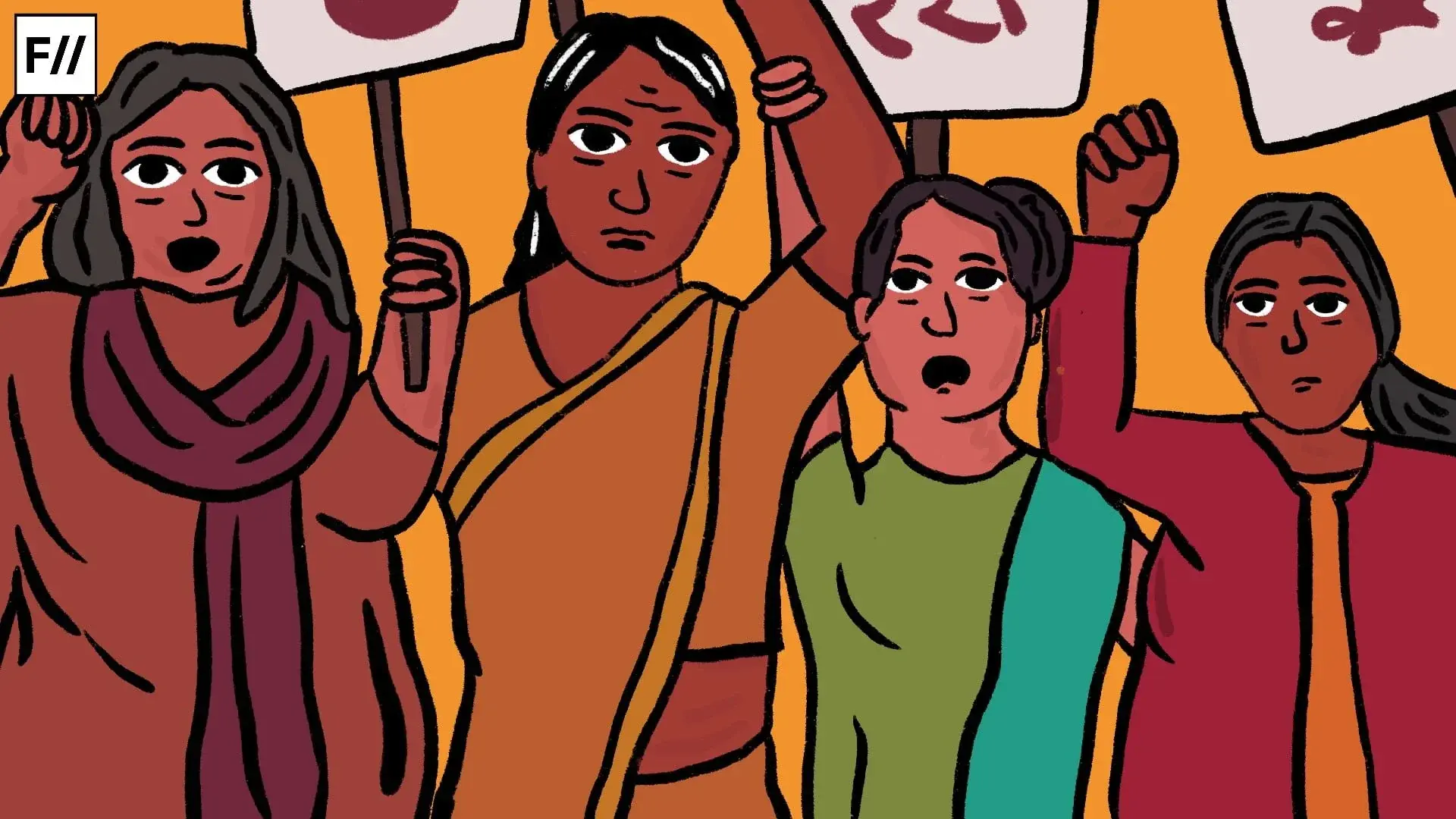
‘As a society, we must actively work towards dismantling the deeply ingrained norms that enable domestic violence. Raising awareness about healthy relationships, fostering open conversations, and challenging gender stereotypes are crucial steps in breaking the chains of domestic violence,’ Kaushik said.
She said that women should be given the necessary education and the tools to dismantle the patriarchal setup that not only enables domestic violence but all other crimes against women.
